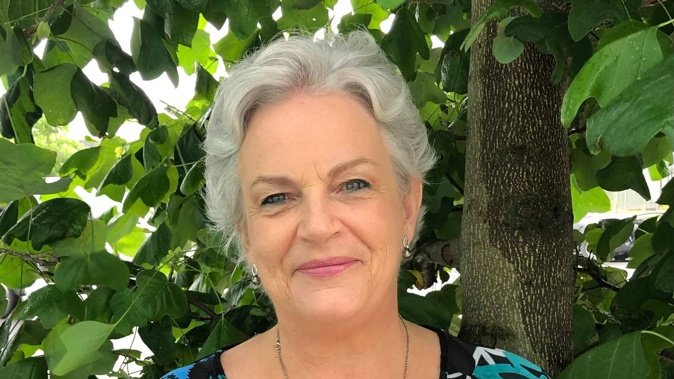
A patient died from prostate cancer after his GP clinic failed to notice abnormal tests on five occasions.
Aged Care Commissioner Carolyn Cooper said that the medical centre breached its obligations to the patient, who died in 2019 after the cancer spread in his body.
She ordered one of the GPs and a nurse practitioner at the clinic to write an apology to the man’s family and make changes to some of its systems.
In a report published today, Cooper said that the patient was diagnosed with cancer in 2016 and had surgery to remove his prostate and surrounding tissue.
In 2019, his urologist instructed the patient’s medical centre to check his prostate-specific antigen (PSA) levels every six months and refer him back to urology if his levels became detectable. If that happened, he could be considered for radiotherapy.
The medical centre said the urologist’s letter was sent to a doctor at the clinic who the patient was not registered with. It admitted that doctors overlooked the specialist’s letter and said this was “a genuine oversight”.
Cooper said that over the next three years, five test results showed the man’s PSA levels were detectable.
The first test showing elevated PSA levels came eight months after the urologist’s letter, and subsequent tests all showed rising levels. Despite this, doctors reviewing the results said the results were “ok” on more than one occasion.
The patient inquired about his test results several times over this period but was falsely told they were “ok” because staff had referred to the clinician’s incorrect file notes.
It was not until the patient came in for a consultation three years later that a doctor noted the “alarming” test results and that he had not been referred to the specialist.
Urgent scans found cancer had spread in the patient’s body, including to the pancreas and liver and had returned in his prostate. He died soon after.
Cooper said her investigation found deficiencies in the standard of care and communication provided to the man by the medical centre.
Multiple doctors who reviewed the man’s test results overlooked the urologist’s letter and did not fully understand his clinical history, she said.
“There were several opportunities for clinicians to review the man’s clinical notes, and it must be acknowledged that had an earlier urology referral been made, it is possible (but not inevitable) that his pancreatic tumour may have been detected at an earlier stage.”
The commissioner found the medical centre had breached its obligations, in particular the right to services provided with reasonable care and skill and failing to fully inform the patient and explain his results.
“I acknowledge the distressing impact of this on the man and his family and express my sincere condolences to the family for their loss.”
She recommended that one of the GPs and a nurse practitioner write letters of apology to the man’s family. The clinic was also told to improve administrative and communication systems which contributed to the failure to detect and act on the test results.
Cooper acknowledged that the medical centre was a busy practice in a rural area where there was a shortage of medical workers and that doctors might not have had the capacity to review clinical notes on every occasion.
“However, this is precisely why medical centres need to ensure that there are effective systems to minimise the risk of error and omissions by individual practitioners.”
Take your Radio, Podcasts and Music with you









